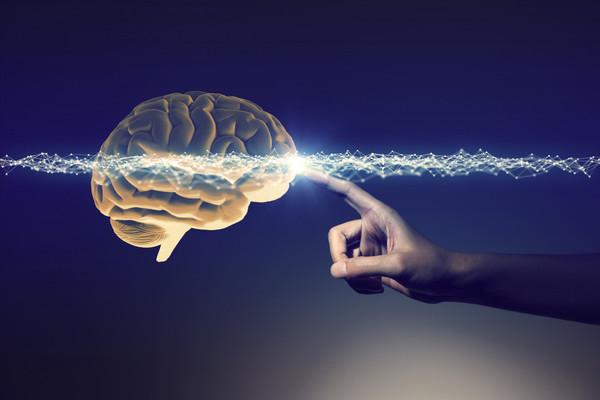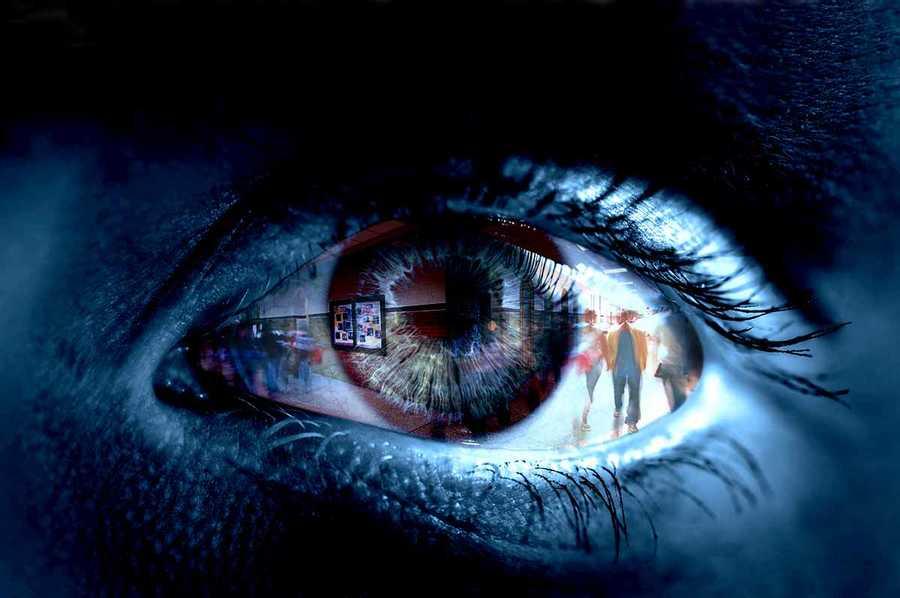What causes déjà vu? The quirky neuroscience behind the memory illusion
Curated from: sciencefocus.com
Ideas, facts & insights covering these topics:
5 ideas
·5.07K reads
18
Explore the World's Best Ideas
Join today and uncover 100+ curated journeys from 50+ topics. Unlock access to our mobile app with extensive features.
Déjà Vu
Déjà vu, French for ‘already seen’, is a feeling of having experienced something already. A feeling of being familiar with the current scenario as if it has happened to us in the same way before. According to a study, about 60 percent of the population has experienced déjà vu.
What makes déjà vu unique is that there is a conflict between the sensation and the actual awareness, a disorienting feeling that one has been tricked.
145
1.4K reads
Déjà Vu According To Neuroscience
According to neuroscientists, déjà vu isn’t a memory error or a sign of an unhealthy mind. It happens as the frontal regions of the brain, which process billions of neurons, tries to correct an inaccurate memory, fact-checking the information it is receiving. This can happen once a month on average, but being stressed out, tired or fatigued may increase the chances of experiencing this feeling.
Dopamine, which is a mood-boosting neurotransmitter, plays a part in déjà vu, especially in people who experiment with dopaminergic drugs.
128
1.08K reads
Young People Get More Déjà Vus
According to extensive research, the younger population experiences more déjà vu, and as one gets older, the noticing of errors becomes less frequent. This is a natural part of ageing.
110
1K reads
Constant Déjà Vu
There are cases where people are persistently experiencing the feeling of Déjà Vu. The cause can be taking a mixture of medications that can have unpredictable side effects, as in some documented cases.
107
767 reads
Jamais Vu: The Opposite Of Déjà Vu
A lesser-known feeling is Jamais Vu or ‘never seen’. It is essentially failing to recognize or remember a situation that should be familiar to us. This is different from standard forgetting, like amnesia, but is a momentary lapse of awareness of the familiar.
What’s intriguing is that it has the same characteristics:
- It is a disorienting feeling.
- It happens more to young people.
- It is more likely to happen when one is tired.
An experiment to prompt the feeling of Jamais Vu involved writing a familiar word like apple or door, constantly on a piece of paper for a few minutes. 70 percent of the participants began to doubt the spelling or the authenticity of the word.
141
802 reads
IDEAS CURATED BY
Vera D.'s ideas are part of this journey:
Learn more about health with this collection
How to delegate tasks efficiently
How to use technology to your advantage
How to optimize your work environment
Related collections
Similar ideas
Read & Learn
20x Faster
without
deepstash
with
deepstash
with
deepstash
Personalized microlearning
—
100+ Learning Journeys
—
Access to 200,000+ ideas
—
Access to the mobile app
—
Unlimited idea saving
—
—
Unlimited history
—
—
Unlimited listening to ideas
—
—
Downloading & offline access
—
—
Supercharge your mind with one idea per day
Enter your email and spend 1 minute every day to learn something new.
I agree to receive email updates

